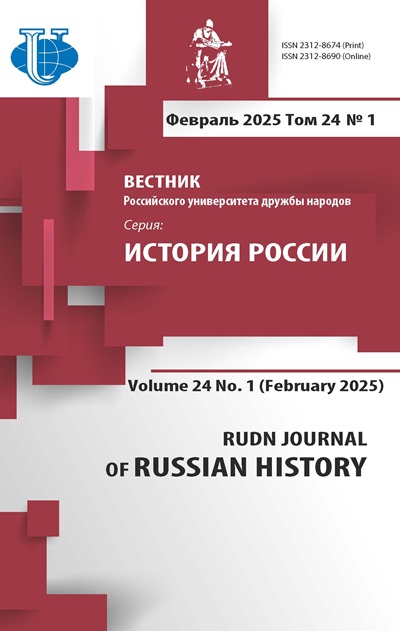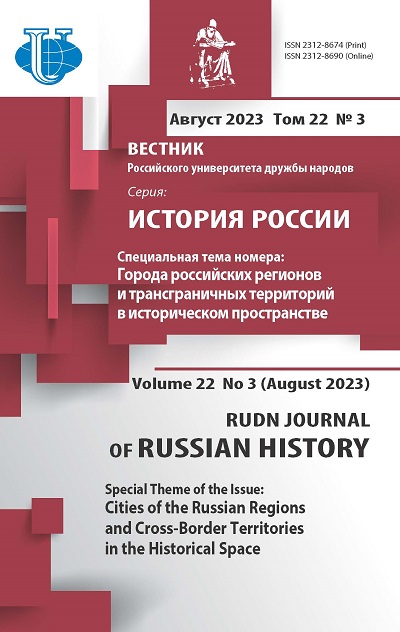Abstract
The early Soviet period in the life of Grigory Kondratievich Ozhigov (Ozhegov) (1878-1935) is reconstructed within the author’s paper. A native of a Vyatka peasant family, a worker at the Izhevsk defense factories, a Socialist-Revolutionary militant, as well as a member of the All-Russian Central Executive Committee of the first convocation, who was at party work in the Baltic States and Finland, Orzhigov had a varied career The authors through their work have introduced into scientific use new sources analyzed in the context of the theory of social adaptation, through anthropological approach as well as historical-biographical methodology. Of greatest interest are the materials of the: Revolutionary Civil Council of Izhevsk (1918), Soviet commissions on the affairs of former Red Guards and Red partisans (the 1930s), and the autobiography and memoirs of G.K. Ozhigov himself . The documents of the private origin fund of the Ozhigov family are stored in the Central State Archive of the Udmurt Republic, and are of a complex nature. The study of the biography of Ozhigov, who had turned out to be among the most revolutionary-minded citizens, as shown in other empirical material, does explain why he supported the left-wing radical societal project in Udmurtia. A region by the beginning of modern times which has been the largest agrarian and industrial region of Russia, while largely preserving its traditional way of life.
















